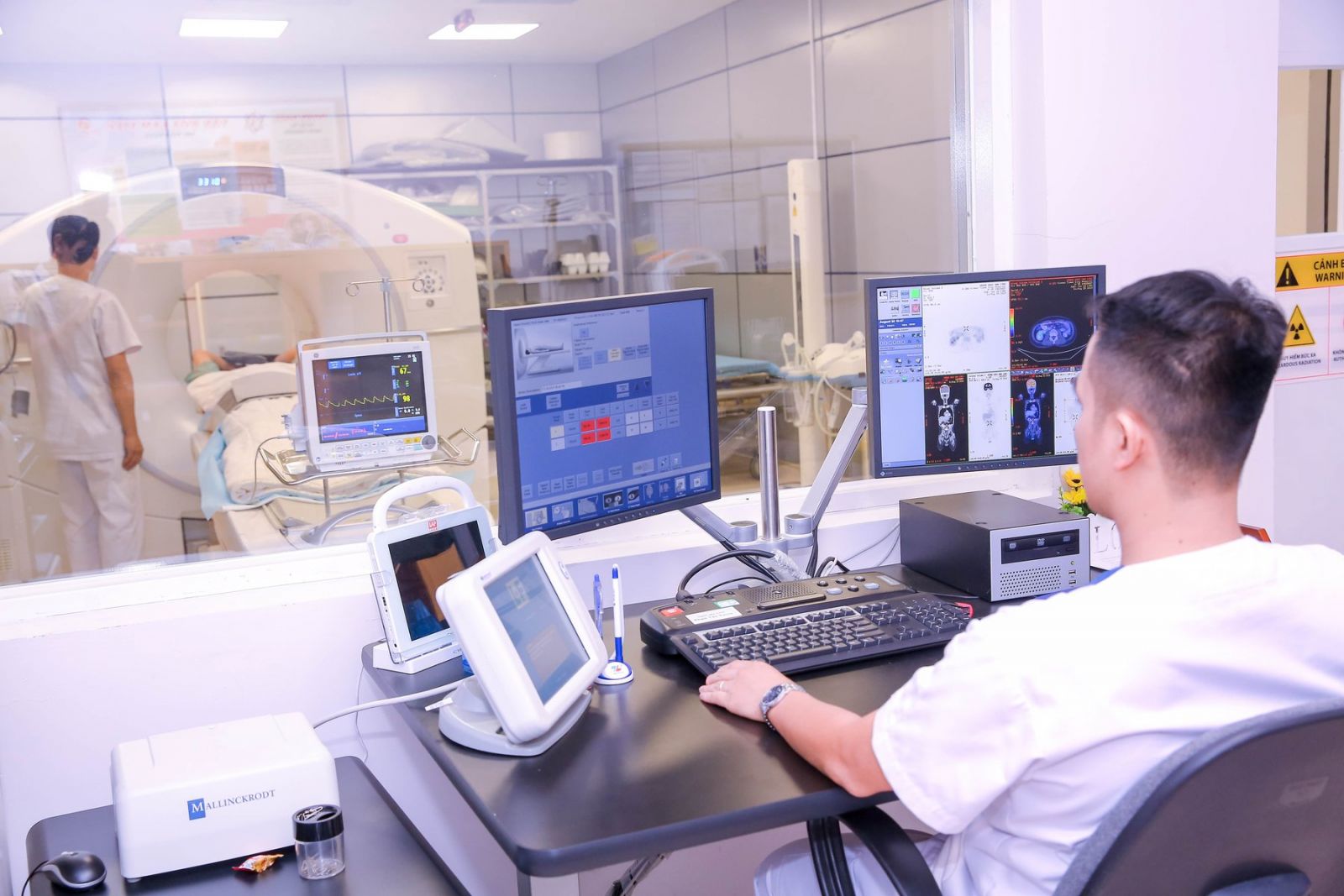Benefit 1: Digital transformation in the hospital helps optimize the path of medical examination and treatment for patients
To provide the right care to the right patient at the right time, hospitals need to do two things: accurately assess patient needs and effectively manage hospital resources.
The administrative staff at the hospital do the first job well, but the second job is quite difficult in many hospitals. Data-driven decision-making systems can overcome this by providing information to classify patients as well as admission and discharge procedures. Procedures and patient routes are thus shortened.
The system also analyzes and issues warnings when the overload in the hospital's capacity becomes more and more serious.
In addition, data-driven algorithms are leveraged to automate other operational tasks. A study of Amazon Mechanical Turk employees found that the decision to operate a hospital is partly influenced by emotion. The application of a data-driven decision system can eliminate these sensitivities and provide more accurate recommendations in many cases.
For example:
Pandemic happened and a lot of patients were hospitalized. However, medical staff do not know whether to transfer new patients to the intensive care unit (ICU) or the general treatment area. The algorithms from the support system can make recommendations by predicting the benefits and disadvantages for the patient in each case. The patient will then be transferred to the treatment area that best suits the health status and care capacity of the hospital.
Benefit 2: Digital transformation makes mobile medical devices in hospitals more efficient
Hospital digital transformation can help patients track and collect their own health data from mobile medical devices, including technology and wearables.
Instead of regularly going to each patient's room to collect health data. Patients with mild medical conditions can be instructed to update their own data through easy-to-use devices. As a result, doctors can save a lot of time to focus on more necessary cases.
Many healthcare companies are actively investing in wearable technology devices that users can conveniently carry around. These devices can help patients monitor and update health information or potential risks that affect patient health.
Some of the most popular devices today:
- Heart rate monitor
- Physical exercise tracker
- Sweat meter (for diabetics to monitor blood sugar).
- An oximeter (which monitors the amount of oxygen in the blood), is commonly used by patients with a respiratory illness such as COPD or asthma.

Benefit 3: Supporting hospital operators through digital devices
Digital technologies can also help administrative staff at the hospital better manage. Most typically, the coordination of nurses (who make up a significant number in the hospital) will be greatly simplified. For example, instead of calling, texting, or using nature to schedule shifts, hospital managers can use automated information and analytics algorithms to improve the process.
Analytical algorithms can also be leveraged to optimize team personnel. A study of more than 111,000 patients over the course of two years found that skill disparities or very different staffing within groups can affect overall outcomes. Another study of 6,000 heart surgeries over seven years found that familiarity with how team members worked had an impact on clinical outcomes.
Hospital AI systems will routinely collect and combine insights from such studies, then identify factors that help optimize a team's outcomes. From there, it will make recommendations for staffing and scheduling appropriate work for the hospital.
Benefit 4: Blockchain application in hospital health records
Many hospitals digitally transform by applying electronic health records. However, there are still shortcomings in the security and classification of information when deploying records with old technology. At this point, Blockchain is expected to soon play an important role in keeping electronic health records more accurate and secure.
Blockchain is essentially a digital ledger or a computer database. It allows to record the patient's medical history, prescriptions, medical history, etc. Based on this technology, doctors better understand the medical history and health parameters in different stages paragraph. Thanks to that, doctors can also provide more effective and faster treatment without having to go through a third party.
The healthcare and pharmaceutical industries have proven the effectiveness of blockchain by investing millions of dollars in this market. According to a recent report, blockchain in healthcare market is expected to reach $890.5 million by 2023
In general, digital transformation in hospitals is not only about revenue or operational efficiency. The application of technology also has a great impact on the route and effectiveness of treatment for patients.












Replies to This Discussion